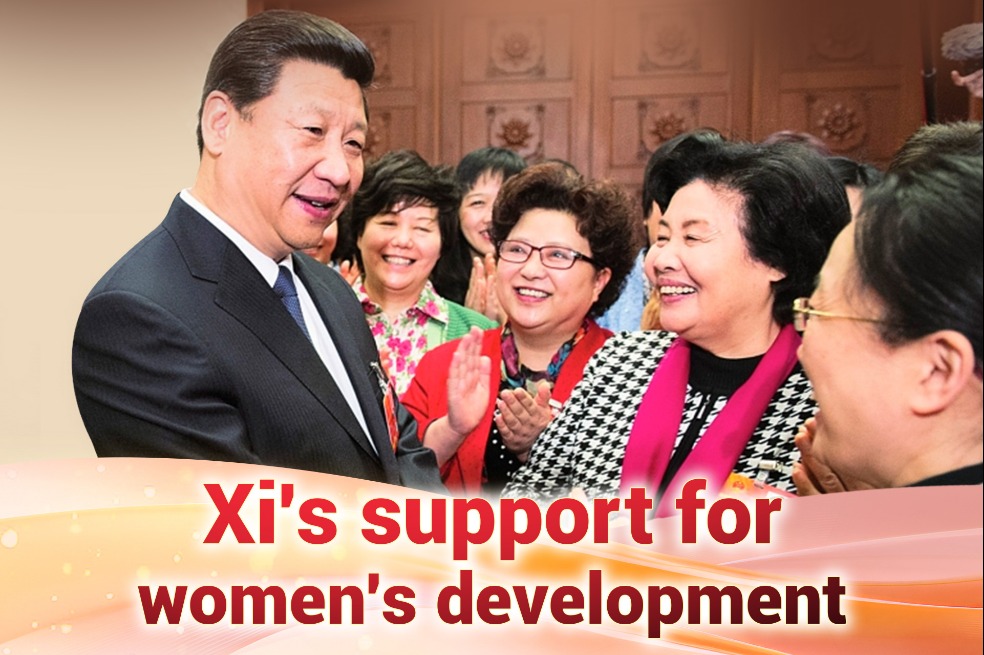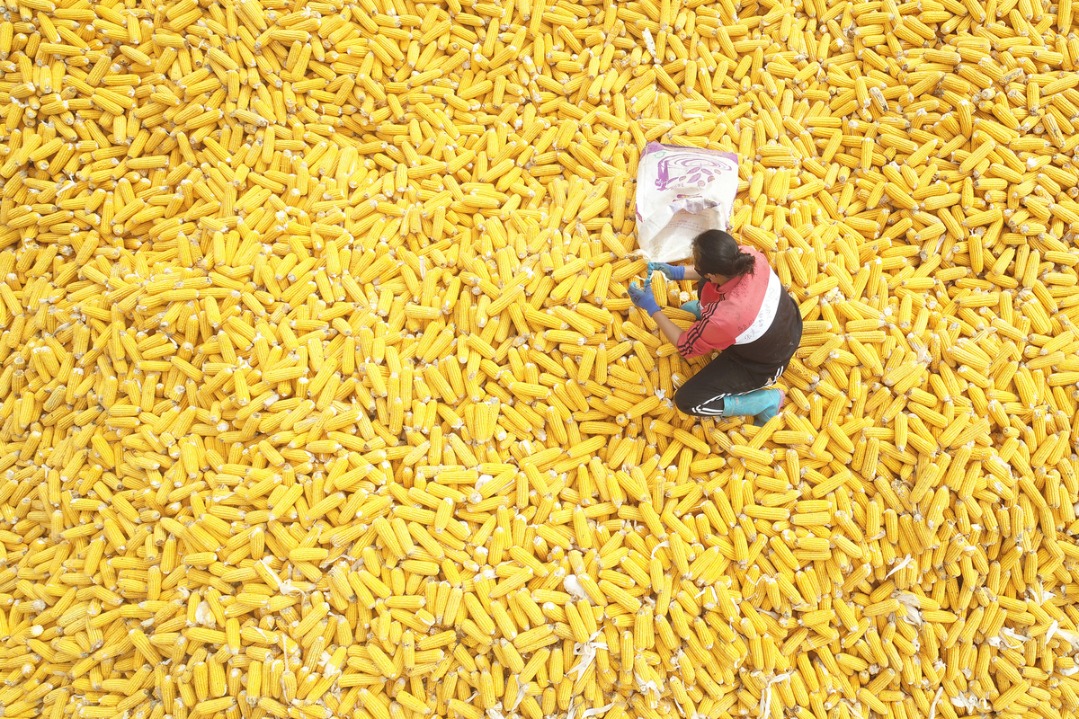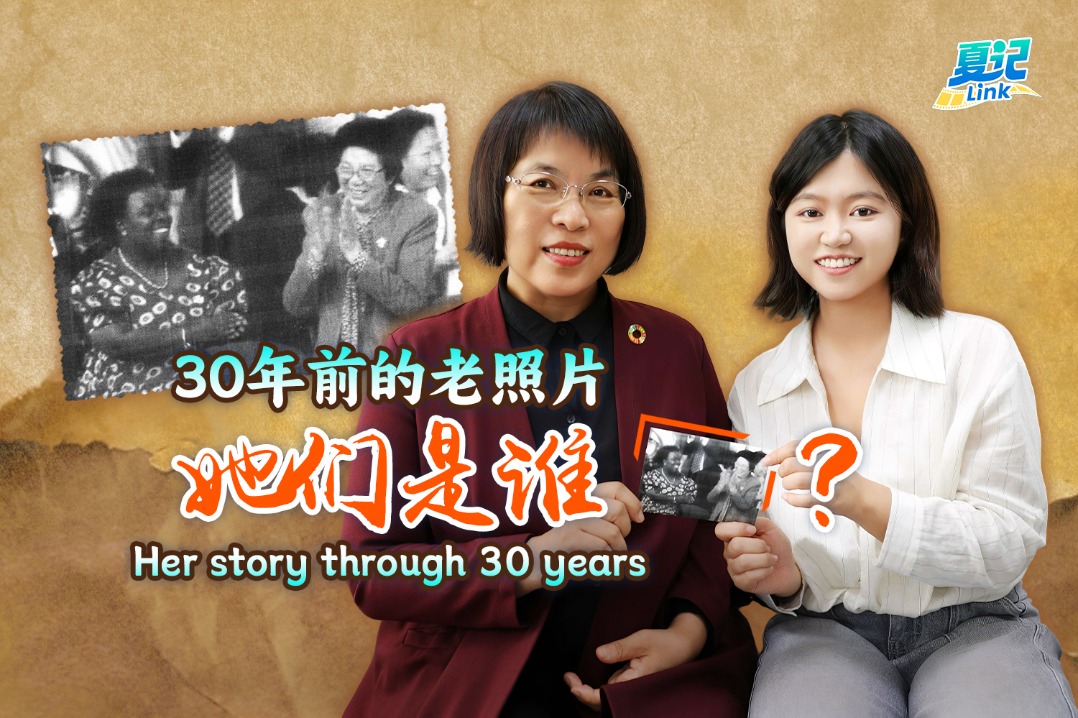Iconic tower still helping to build ties
By Hou Chenchen | China Daily Global | Updated: 2024-08-19 10:03

Beijing's White Dagoba Temple is the setting for a game that brings the past alive and promotes understanding between China and Nepal, Hou Chenchen reports.
On a stroll down an alley in central Beijing a distinctive white cone slowly emerges on the horizon, towering above the brownish-red sea of traditional Chinese walls in which it stands.
For centuries this religious monument, a dagoba, part of the Miaoying temple, has tantalized the eyes of those who come across it, whether they know anything about its meaning or not.
"Nihao," a young man, who turns out to be a Nepalese volunteer in the temple, shouts out cheerily. "Feel free to go inside the White Dagoba Temple and find out what's within."
A dagoba is a kind of a dome-shaped shrine containing Buddhist relics. Unlike traditional Chinese-style pagodas, which are tall, thin and multi-storied with corners, dagobas tend to be rounder and squatter.
Garbed in a daura suruwal, an exquisitely crafted traditional Nepalese suit consisting of a knee-length shirt and loose-fitting trousers, he brims with enthusiasm about the dagoba, intent on encouraging others to learn about this age-old emblem of friendship between two civilizations.
The Beijing White Dagoba Temple, being the biggest and the oldest Tibetan-style Buddhist dagoba in existence now in China, it is a vibrant testament to cultural exchange and shared knowledge between China and Nepal. It was designed by the Nepalese architect Arniko at the behest of Kublai Khan, the founder of the Yuan Dynasty (1271-1368), in the late 13th century.
Inside, workers sit at desks in five main buildings of the dagoba, each station marking a pivotal moment in the monument's construction. At each station, visitors are encouraged to utter a certain phrase to a non-player character, underlining what they have learned, which is then rewarded with a literal stamp of approval.
This is part of Finding Arniko, an immersive and interactive game featured during Beijing White Dagoba Cultural Week in June.
The White Dagoda in Beijing is the sole complete historical site of the Dadu (the capital city) of the Yuan Dynasty that remains to this day.
"Cultural exchanges between China and Nepal are rich and profound, and the Dagoba one sees today is the best example of that," said Gao Jianqin, the game's designer, who works at the China-Nepal Culture Exchange Center in Beijing.
























